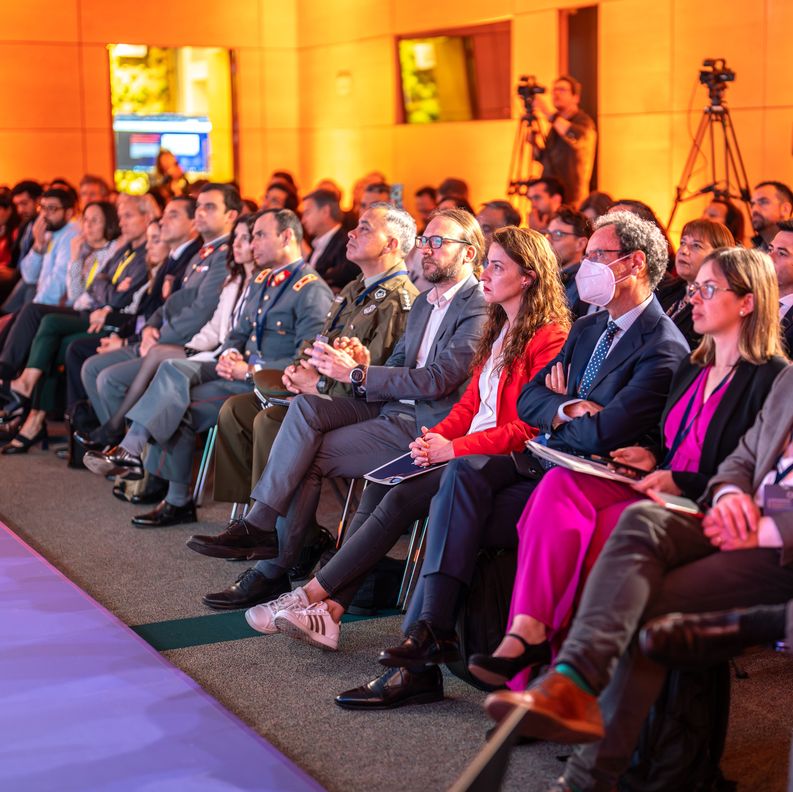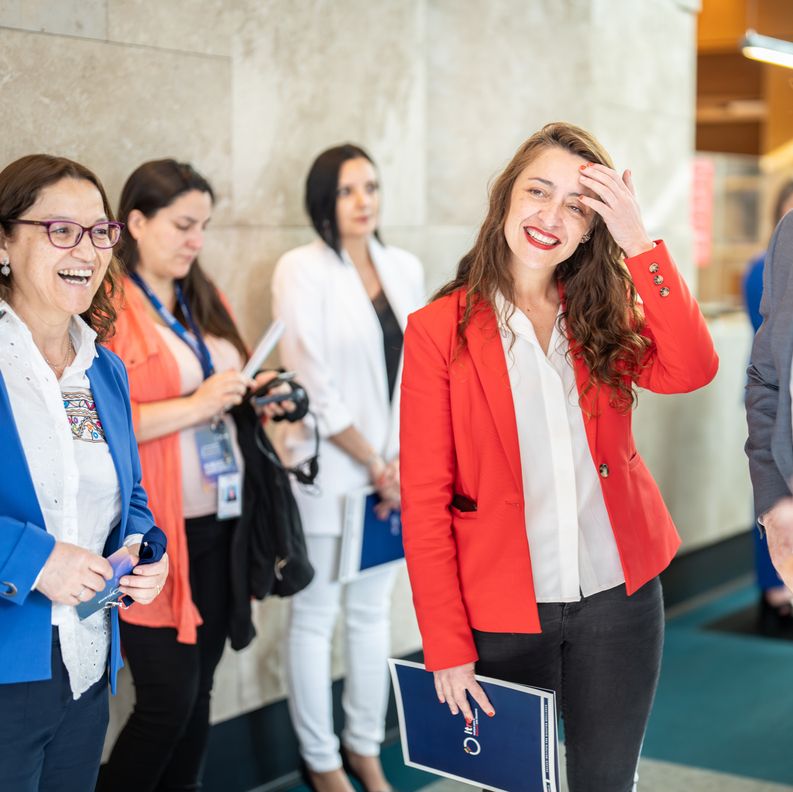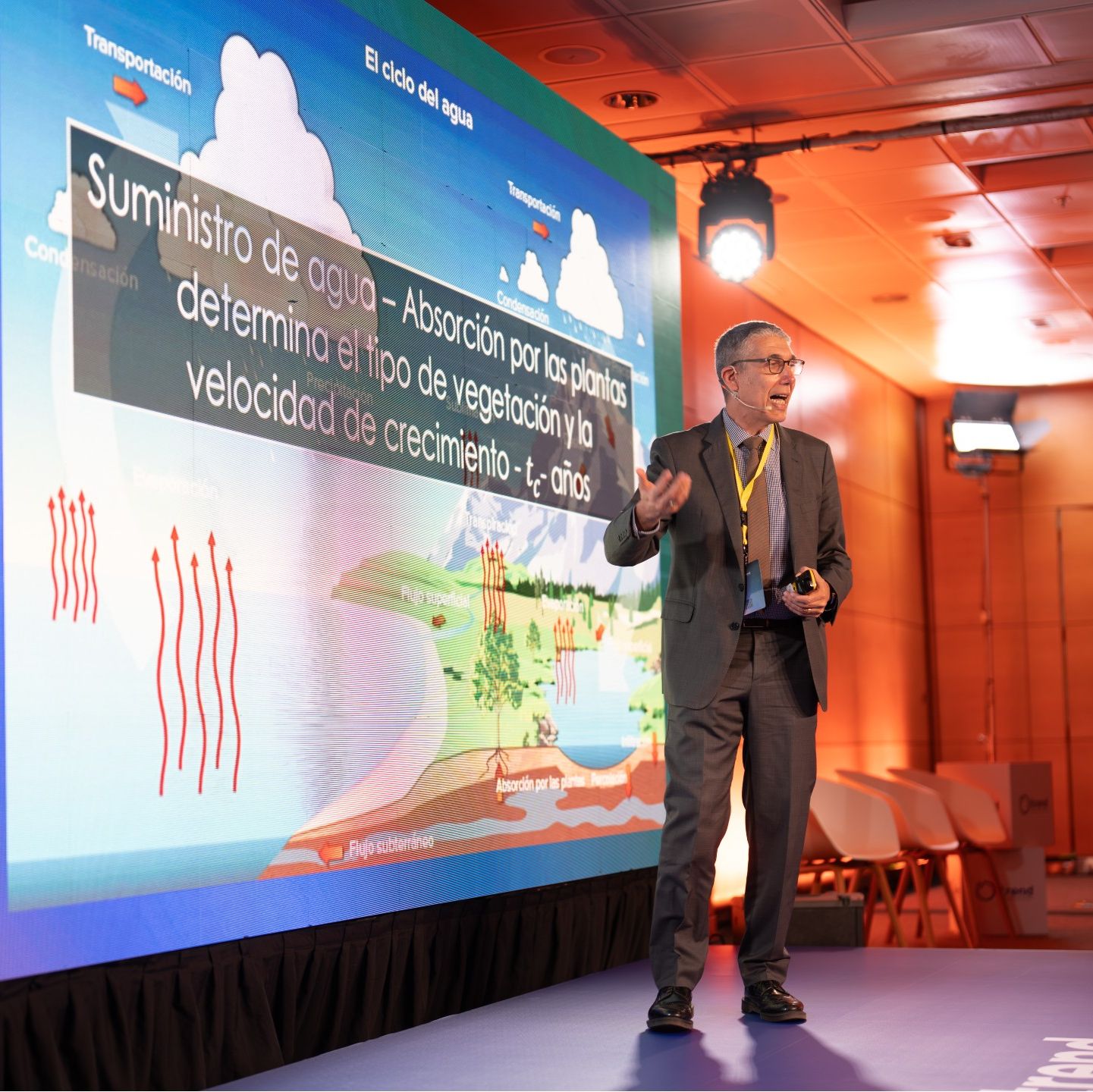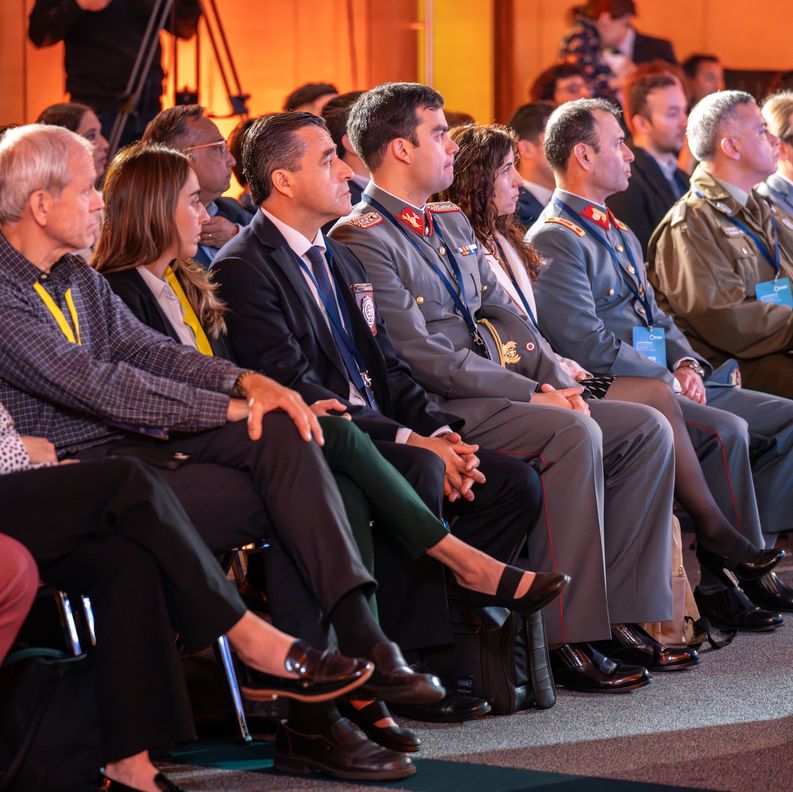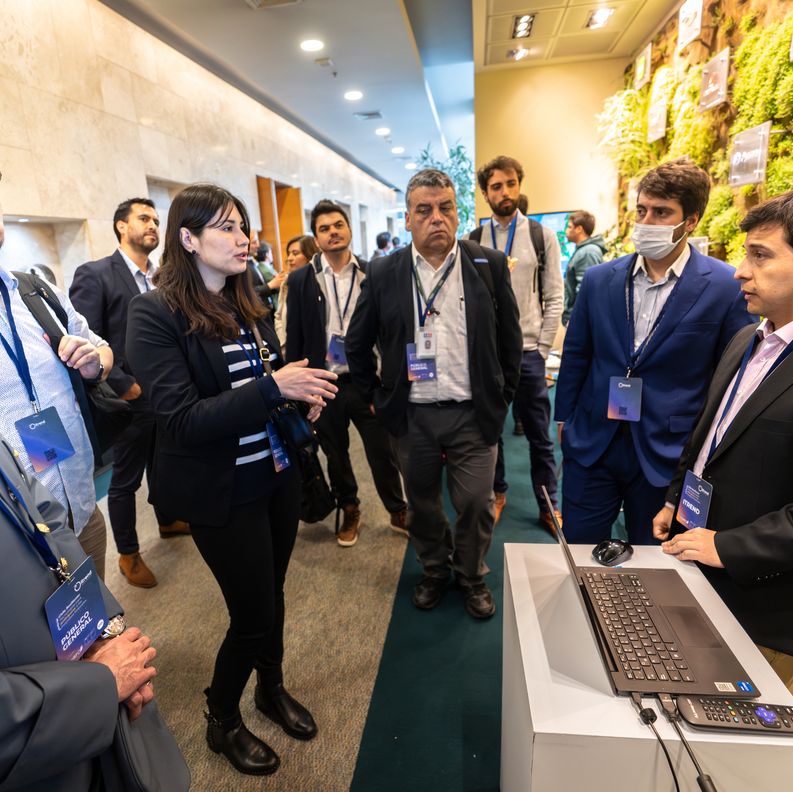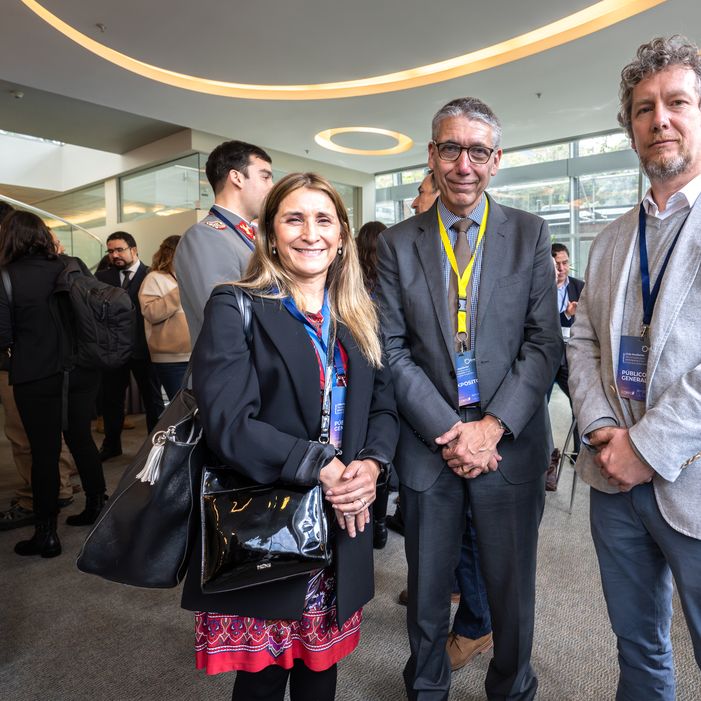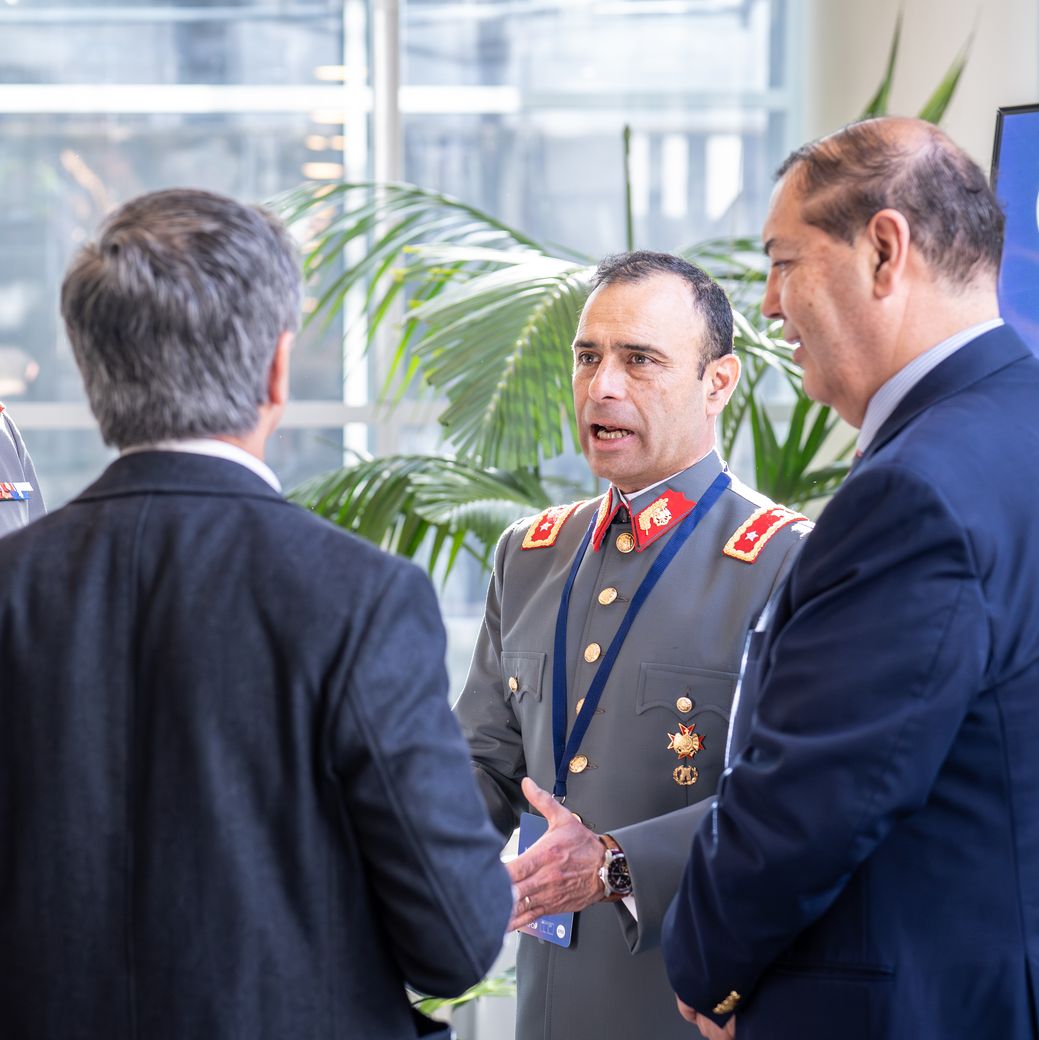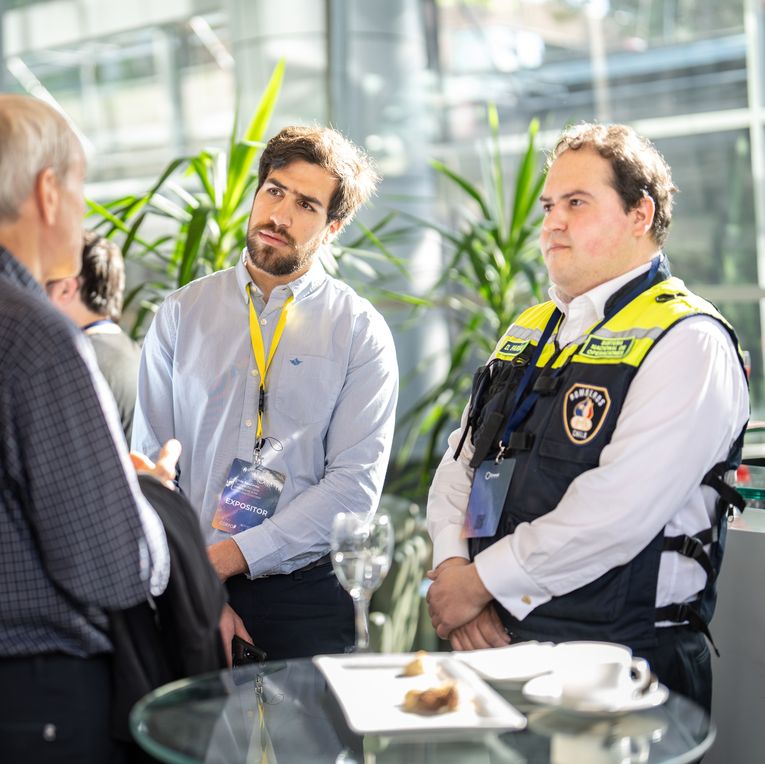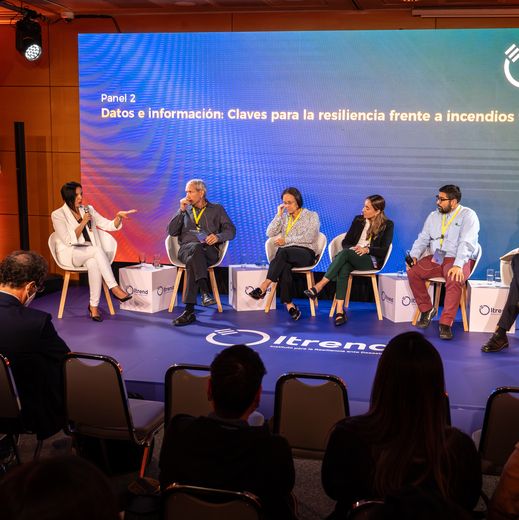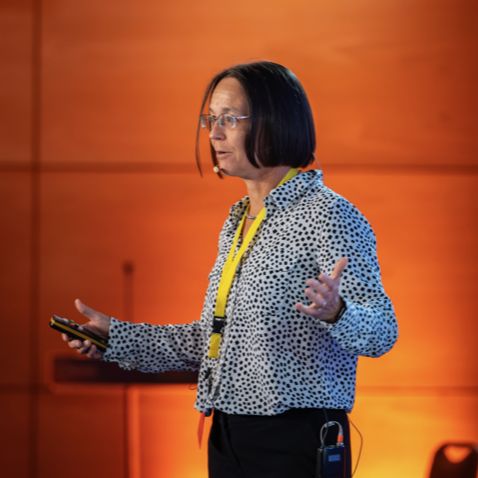
- Home
-
Who we are
- About Itrend
- Team
- Our history
-
Governance
-
What we do
- Contacts
-
Transparency
Noticias 06 Nov 2023
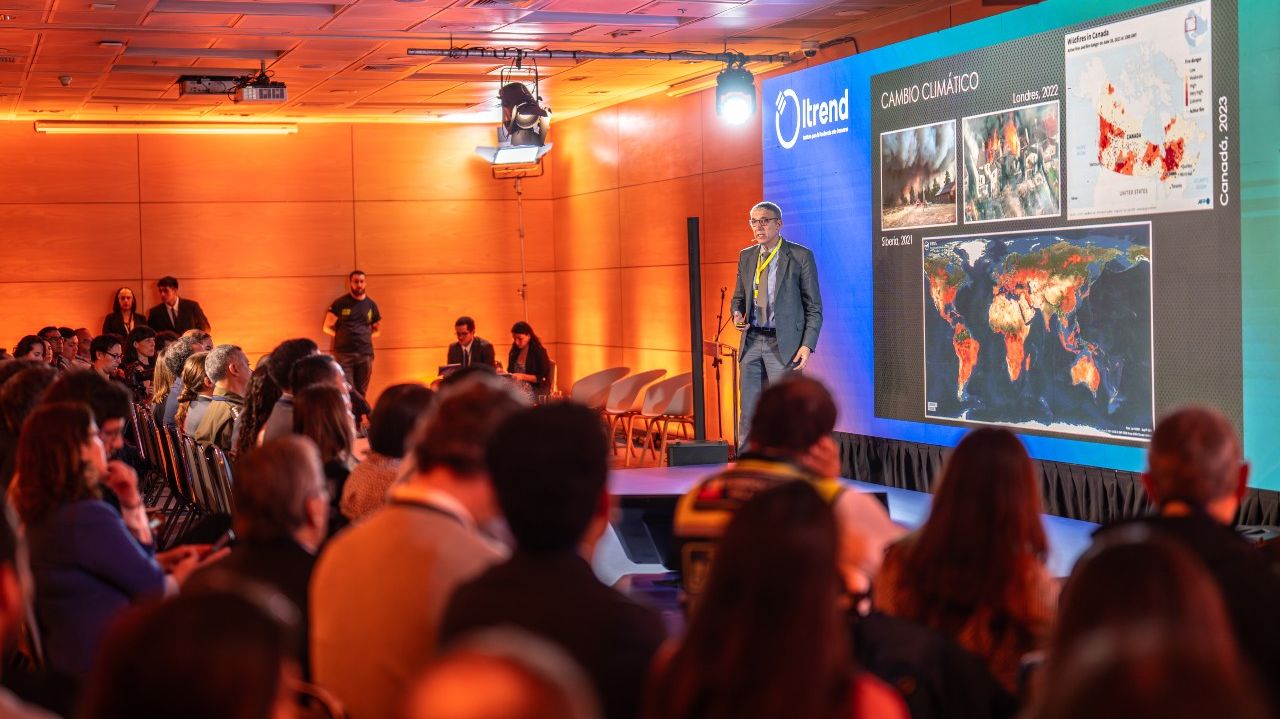
With the presence of the Undersecretary of Science, Technology, Knowledge and Innovation, Carolina Gainza; the Head of Management, Risk and Emergencies of the Ministry of the Interior, Camilo Grez, and more than a dozen national authorities, this second version of "Resilient Chile: technologies to anticipate forest fires" was held, organized by the Institute for Disaster Resilience (Itrend), an instance that seeks to strengthen a national network on disaster resilience in the country. On this occasion, the activity addressed the development of new advances to prevent and manage this type of catastrophes during the summer season.
"There is a question here that is fundamental and that has to do with anticipation and with these new scenarios that are changing due to climate change, which pose challenges and the need to have new and more knowledge and science to be able to face them (...) there are structural issues that we have to address and I believe that the Ministry of Science, Technology, Knowledge and Innovation is there to address them. We are a Ministry that is not in the emergency itself, but all the knowledge it generates is fundamental to be able to address that emergency with the best available evidence", emphasized Undersecretary Gainza.
Among the speakers were José Luis Torero, Director of the Department of Civil, Environmental and Geomatics Engineering of the University College London (UCL) and a world reference in the field of fire safety who investigated, among others, the causes of the fall of the Twin Towers; and the American Ellen Rathje, principal investigator and founder of DesignSafe, a cyberinfrastructure project that houses data obtained from research on disasters, carried out with resources from the National Science Foundation of the United States.
Camilo Grez, Head of the Management, Risk and Emergencies Unit of the Ministry of the Interior, pointed out at the beginning of the event that: "The organizations that work in emergencies are often overwhelmed by the day to day, and it is very difficult for us to work on more structural medium and long term issues, even more so in this scenario of climate change (...) how can we better manage data and information to be able to anticipate threats, but also be able to respond better when they are occurring. There is a gap that is very difficult to close for public agencies, and where institutions like Itrend and instances like these become relevant, which can be a catalyst for all this information, to push the system to adopt new technologies".
Two conversation panels were added to the meeting, one of them with prominent representatives of the Chilean scientific community who have developed technological solutions based on Data Science to anticipate extreme forest fires, among them: the researcher of CENIA and the Institute of Mathematical and Computational Engineering (UC), Paula Aguirre, Rodrigo Mahaluf, research project manager and researcher at ISCI, University of Chile; and Jorge Saavedra, Head of the Department of Development and Research of Conaf, among others.
At the end of the day, the executive director of Itrend, Catalina Undurraga, expressed her gratitude to the participants, adding that the hallmark of this event is the search for joint solutions, hand in hand with science and technology: "How we work together, how we collaborate together, how we make visible what we are already doing so that we can learn from others and work on a basis that already exists to increase Chile's resilience to disasters", she concluded.
